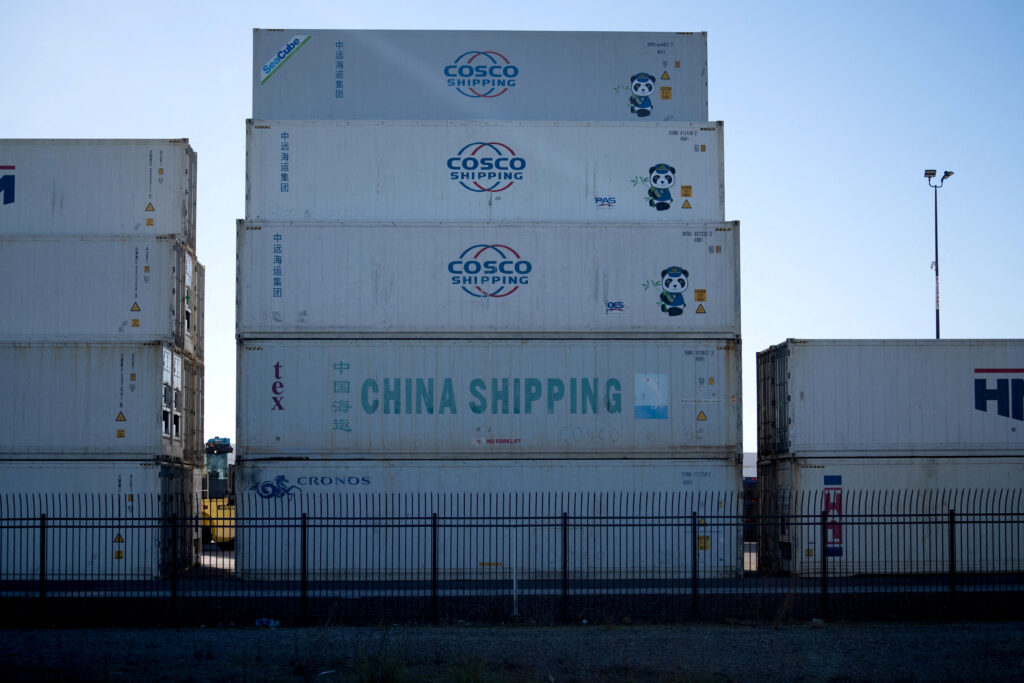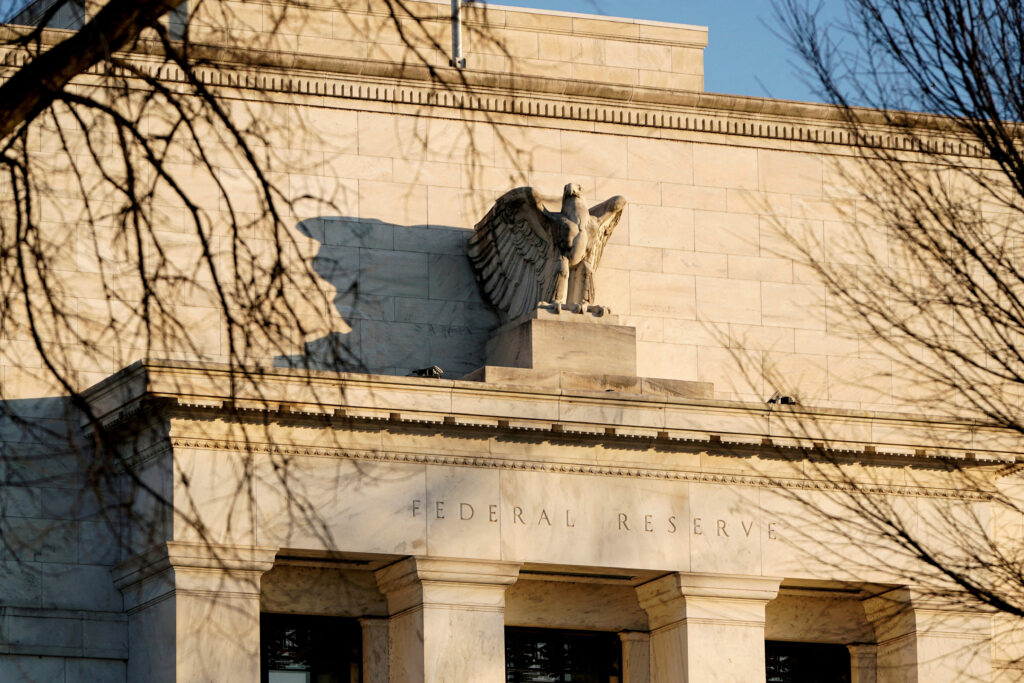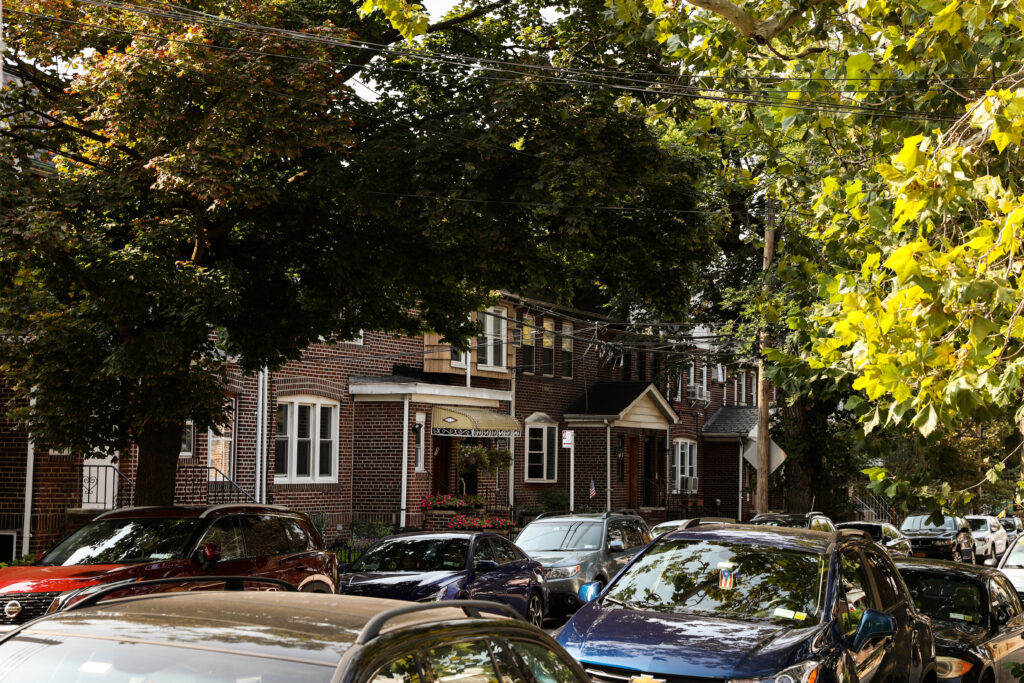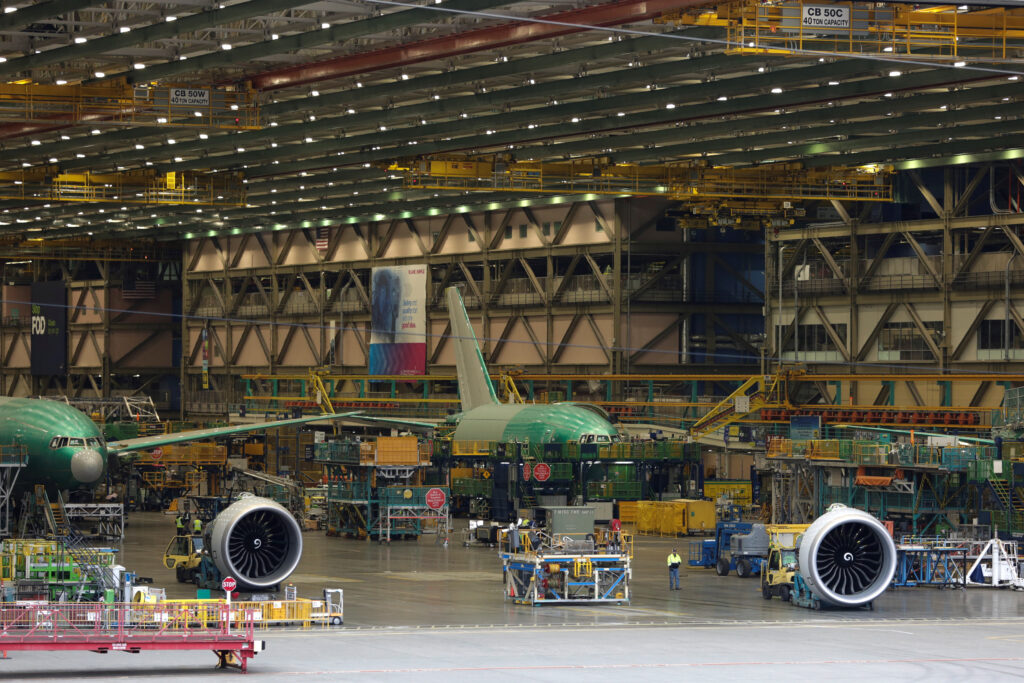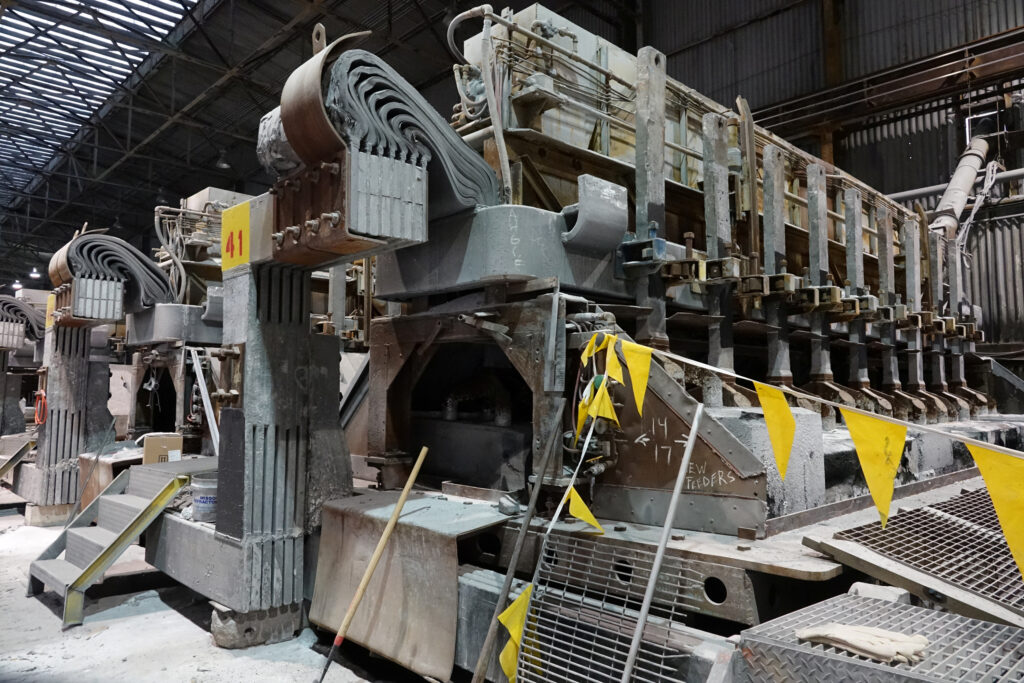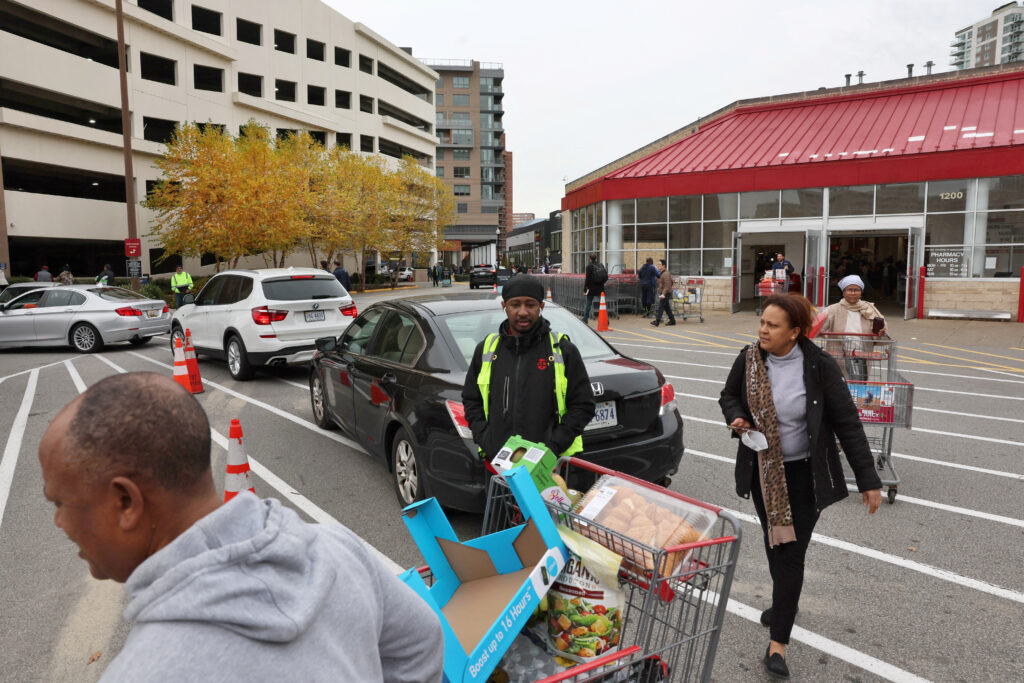James Kirsh expects the cost of the property and casualty insurance for his family-owned foundry in Wisconsin that makes cast iron parts for tractors and other equipment to at least double when it’s up for renewal this fall.
He’s been told it could triple.
The problem is that his long-time insurer – Acuity – has told his insurance agent it no longer wants to cover factories like his, which handles molten metal. So they’ll need to piece together coverage from multiple, higher-cost alternative providers.
“It’s a mess for the whole industry,” said Kirsh, the company’s president.
A spokesperson for Acuity declined to respond to questions about its plans to stop providing insurance to the foundry industry.
The cost of insuring everything from homes to cars in the U.S. has surged in recent years, driven by factors, including rising car and home repairs costs and more storm damage amid climate change. Auto insurance, for instance, has seen its biggest increases since the 1970s over the past year – and is even cited by economists as an outsized factor in the inflationary wave the Federal Reserve has fought to tame with interest rate hikes beginning in March 2022.
So it’s no huge surprise that factories are getting hit.
Many manufacturers handle dangerous materials and operate heavy machinery that can cause accidents and fires, which has always meant paying hefty premiums. This is especially true for smaller manufacturers, who are generally viewed as posing more risks by insurers.
Big companies have internal risk managers who assess potential dangers and bigger budgets to spend on safety measures like sprinkler systems or fireproof rooms that can minimize insurance claims.
Insurance coverage for all types of businesses – it isn’t broken out for manufacturing alone – has risen by around 12% since the beginning of 2022, according to the Bureau of Labor Statistics, nearly three times the increase over comparable time spans during the decade before the pandemic.
It’s the scope of the recent increases that has shocked foundries and other metalcasters, a $50 billion industry that produces parts for everything from appliances to bulldozers.
“It wasn’t long ago that health insurance went through the roof,” said Doug Kurkul, CEO of the American Foundry Society. “But now that’s been eclipsed by property and casualty insurance.”
‘GETTING A CLOSE LOOK’
Overall, commercial rates for all types of business insurance rose in the second quarter of 2024, increasing about 10% in some regions, said Loretta Worters, of the Insurance Information Institute.
Worters said rising rates are part of the larger surge of inflation roiling the U.S. economy. “If you have an explosion at your property and it has to be rebuilt, the cost to rebuild is much higher than it was five years ago,” she said.
Severe weather is another factor. “If you’re seeing an increase in hurricanes that damage manufacturing plants – and you’re continually seeing losses – then you might go to the state regulator and say we need to raise rates on manufacturing,” said Worters.
Kate Hensley, an insurance broker in Dubuque, Iowa, who specializes in working with metal casting companies, said, “Any company that has a high potential for a total loss is getting a close look by insurers.”
Hensley said the problem is especially acute in an industry like foundries, which face obvious fire risks but is not limited to them. “You have other industries – like chemicals and plastics – that carry high hazards,” she said.
Hensley said large insurers that long covered these types of businesses are in some cases pulling out entirely, reducing the pool of big insurers and leaving manufacturers with fewer options. “It’s happening more and more,” she said. “They say it doesn’t matter how many safety provisions are put in place, how good they are – they say, ‘We won’t handle them.'”
Other types of producers are keeping their insurers – but paying much higher prices. Gent Machine Co., in Cleveland, paid $30,785 to insure its small precision machining operation in 2019. The premiums have jumped every year since, including a nearly 28% jump between 2022 and this year.
“We went back to our agent and asked them to quote this – and they came back to us that every other carrier” was quoting far higher prices, said Rich Gent, the company’s vice president. “The feedback I got was that our current carrier knows we have a good deal – that’s why they’re raising the price, because what are you going do, go uninsured?”
At Kirsh Foundry, based in Beaver Dam, Wisconsin, the question now is how much of the higher insurance bill it can pass on to customers. The company is under pressure to chop prices, not layer on more increases, said Kirsh. One option he’s considering is reducing the amount of coverage since the chances of the entire factory getting destroyed are small.
He said his customers “understand when I say I need to cover material, labor, or benefits. But this is something that’s going to be a hard conversation with our customers.”
(Source: ReutersReuters)
Kevin Putnam is a financial journalist and editor based in New York. He specializes in editing news and analysis related to U.S. stock market. Read Full Bio


